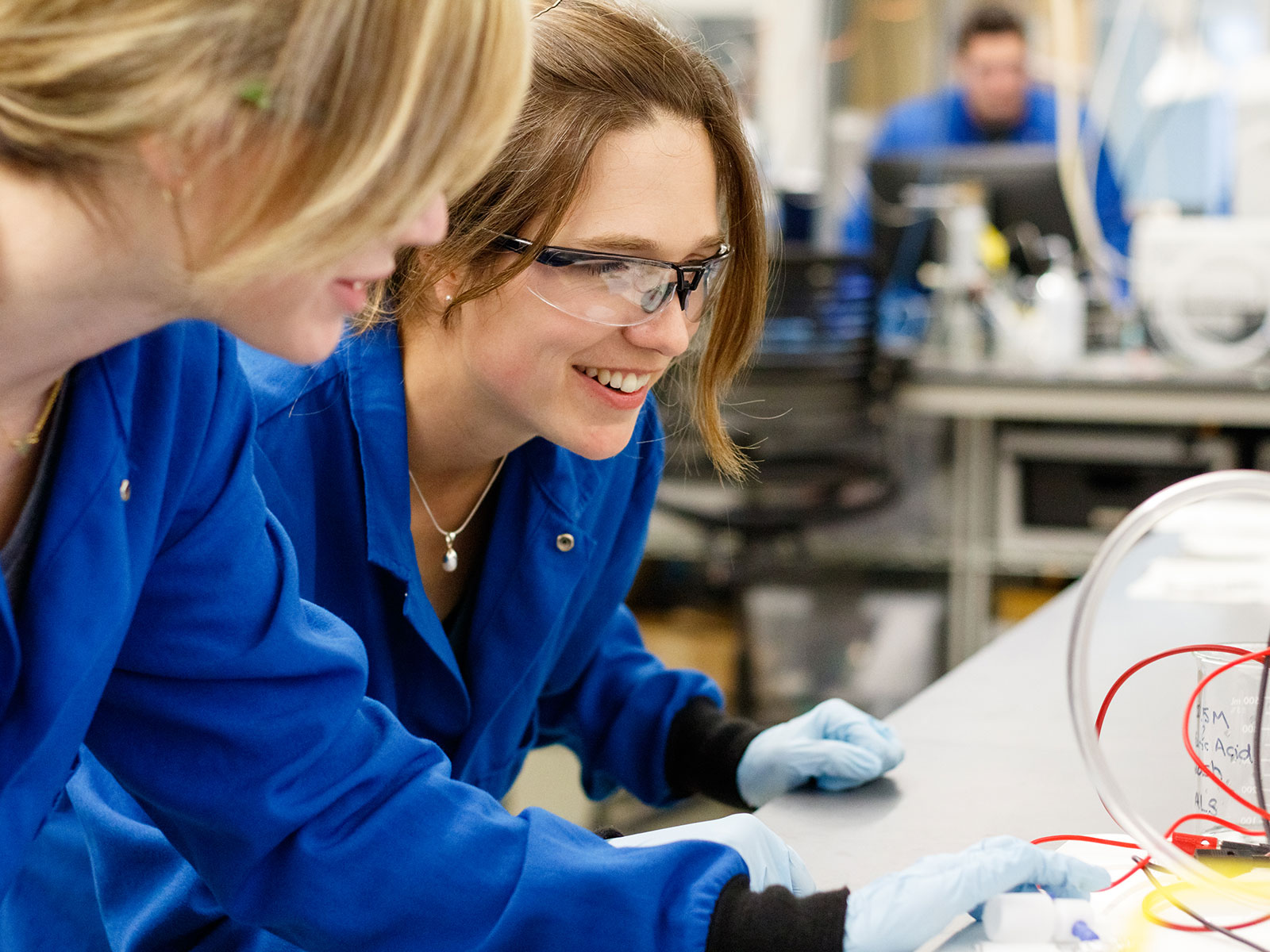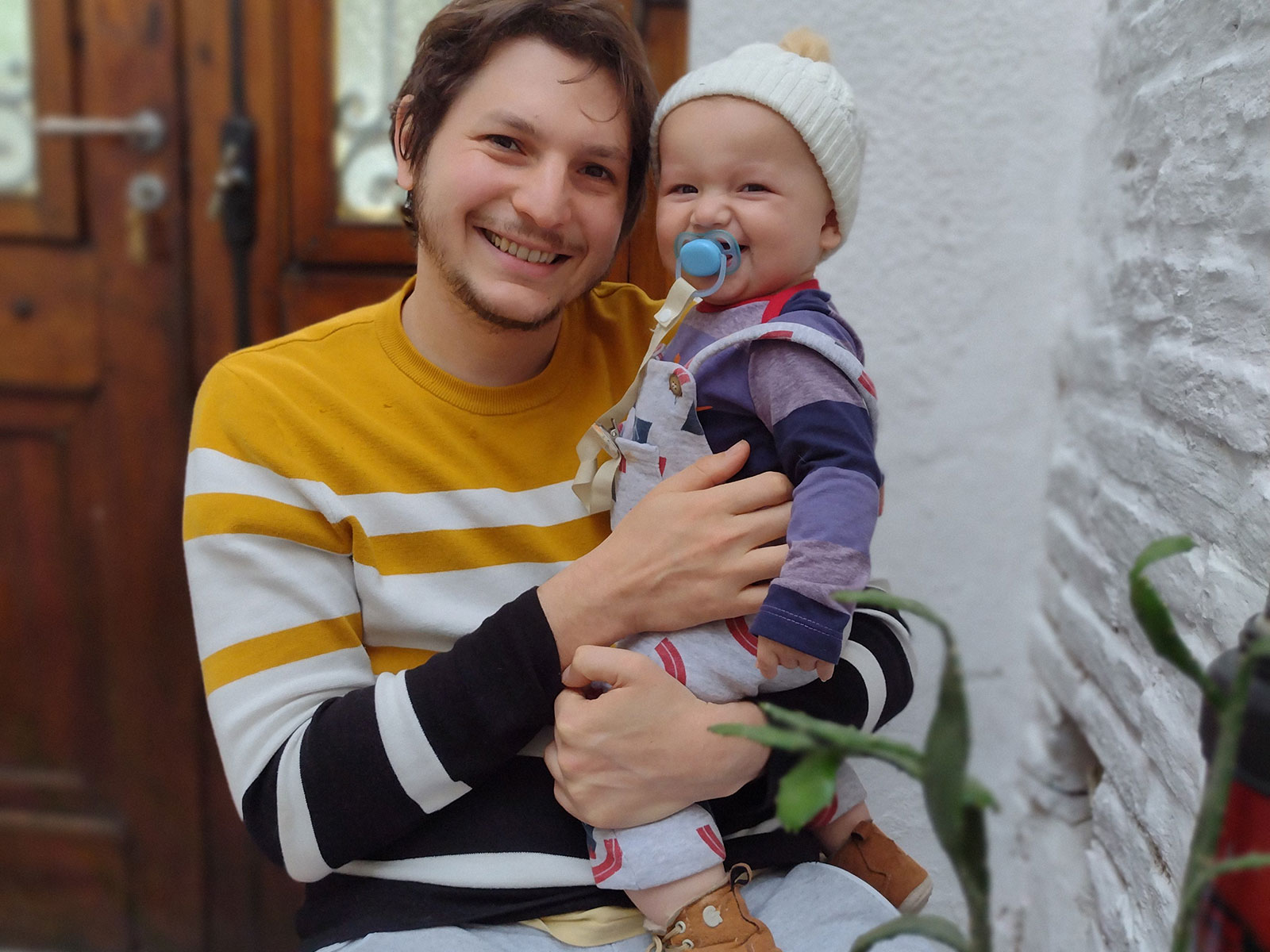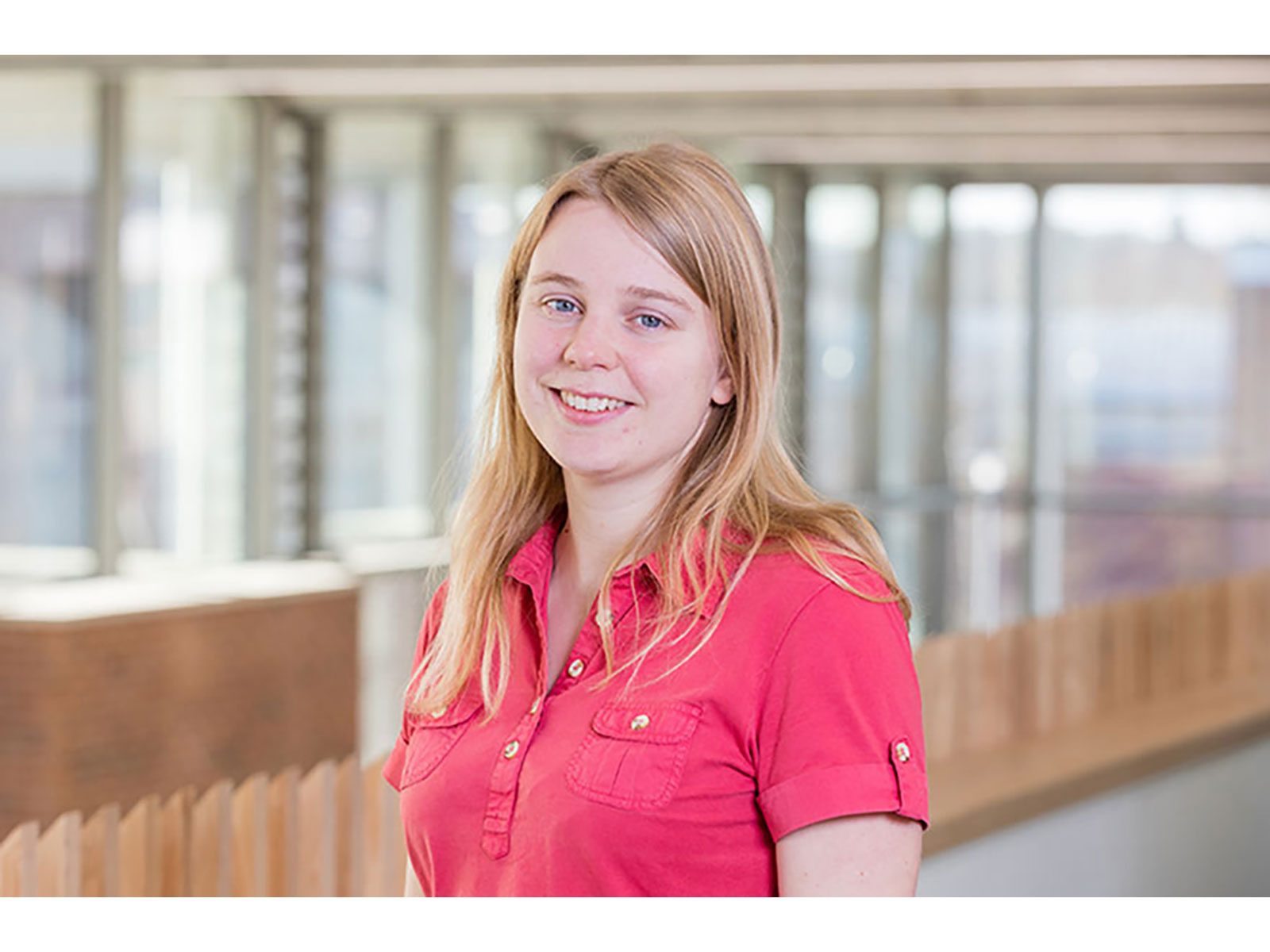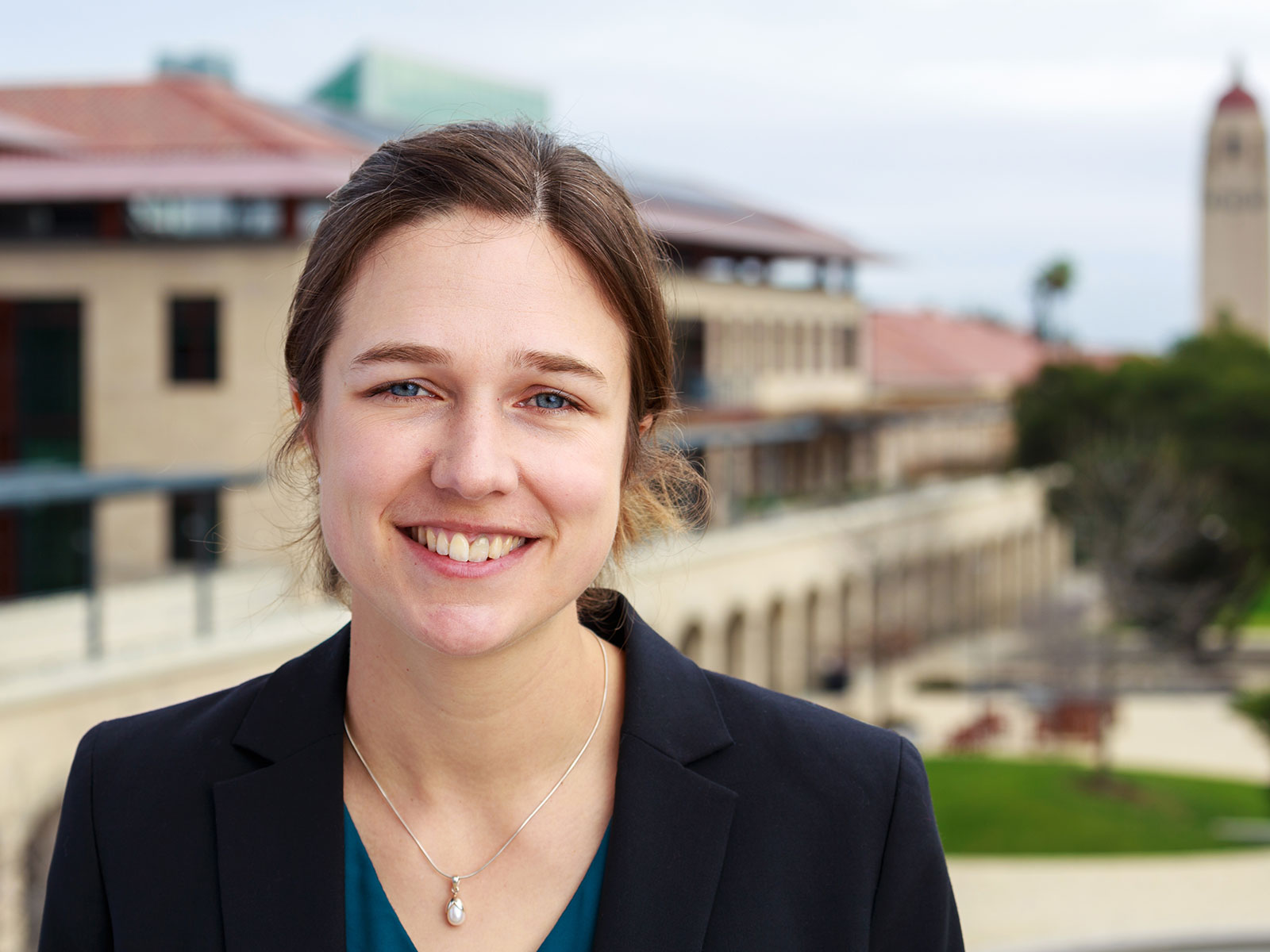Spotlight: Our funding for researchers

Picture: Laurie King
Of the many ways we support our community, our grants and funding streams are always among the most popular. And throughout the COVID-19 pandemic they have been needed more than ever to help researchers deal with the uncertainty and unprecedented challenges to their research career. In response to this, we set up a new scheme called the Research Enablement grants and modified our existing Research Fund to help researchers deal with these challenges.
Throughout 2020, we awarded close to a hundred grants from both funds to international members and those across the UK and Ireland, at institutions from the University of the Highlands and Islands to the University of Brighton.
On this page we share the stories of issues our grants have helped successful applicants to overcome – which we hope will encourage others to apply.
Research Enablement Grant
Our Research Enablement Grant supports members in the UK and Ireland who have limited access to research funding and are looking to start a new research project or progress or complete a research project that has been disrupted by the COVID-19 pandemic. Worth up to £10,000, many of these grants awarded in 2020 helped fund a PhD student or postdoctoral researcher to finish work disrupted by COVID beyond the end of their studentship or contract. Other ways researchers have used the grant include to:
- enable them to undertake initial research for larger funding applications
- strengthen or expand their collaborations with industry and other academics
- develop new skills, help them establish independence and recognition
- lead to a research publication or create positive public impacts such as medicine and sustainable energy
The next application window opens in Autumn 2021. Find out more and apply here.
Research Fund
Our Research Fund supports members with limited access to research funds to start new projects, particularly those working in less well-funded institutions, those in developing countries and early career researchers. Just over half our Research Funds in 2020 were awarded overseas – with 15 countries across six continents represented. The scheme provides up to £4,000 of funding for 12 months, covering chemicals, consumables and equipment.
The next application window opens in Autumn 2021. Find out more and apply here.

Julian Gargiulo, Assistant investigator at CIBION, Argentina applied for our Research Fund Picture: Julian Gargulio
Julian Gargiulo, Assistant investigator at CIBION, Argentina
“I would advise people in not well-funded institutions but with a strong will to continue their research to apply for a Research Fund from RSC, it can be of great help!”
I study how metal nanoparticles can confine the energy of light in the nanoscale for more efficient photocatalysis. I applied for the Research Fund to help in the development of a novel thermometry capable of accurate measurements of temperature in operando conditions of individual nanoreactors.
I returned to Argentina in 2020, after two postdoctoral stays in Europe, and my return was not smooth. It was planned for March 2020, coinciding with several countries announcing travel restrictions due to COVID-19.
In recent years, the funding for scientific research in Argentina has reduced dramatically to historically low figures. The pandemic made it worse. During 2020, the Argentine Peso (ARS) devaluated around 40%. While our grants are fixed in ARS, the great majority of laboratory supplies are imported and thus paid in foreign currency, so they constantly lose purchase power. Despite our laboratory containing advanced and versatile setups, scarcity of funding for consumables and maintenance compromises our ability to continue with research activities. The grant in the more stable sterling pound enabled us to do proper planning of expenses and to keep moving during very complicated times. This is particularly important for my career development because my employer has regular performance reviews that determine eligibility for future grants and promotions.
I would advise people in not well-funded institutions but with a strong will to continue their research to apply for a Research Fund from RSC, it can be of great help!

Sophie Benjamin, Senior Lecturer at Nottingham Trent University applied for our Researcher Enablement Grant Picture: Nottingham Trent University
Sophie Benjamin, Senior Lecturer at Nottingham Trent University
“I had a PhD student who had to take a lot of time off their projects during COVID-19 and we had not quite finished what we wanted to do. That was my first time as a supervisor, and we really needed his expertise to get the lab back up and running.”
I initially saw the grant in an email newsletter and it was quite close to the deadline. But this was also a time when I was thinking just “how are we going to get things to work?” I had a PhD student who had to take a lot of time off their projects during COVID-19 and we had not quite finished what we wanted to do. That was my first time as a supervisor, and we really needed his expertise to get the lab back up and running.
I applied for the Researcher Enablement Grant to keep him on as a research assistant for three months. He’d finished his PhD but he hadn’t passed his viva – and this grant kept him in the lab for another three months which was really, really useful. It also helped us to support some of the Masters students, as they were late starting their projects and needed some extra support, and we were even able to start off a new small project. Having this continuity improved knowledge transfer and helped get us all on our feet again. Applying didn’t take me a long time, and that was important because I didn’t have a lot of time to spend, with trying to do all their online teaching, labs – all of that stuff.
It’s very difficult to get PhD students at the moment. That’s the thing when you go on maternity leave and you don’t apply for grants, it affects you not at the time that the impact happens – it’s like a year or two down the line. I feel like COVID-19 did exactly the same thing.

Laurie King is Senior Lecturer at Manchester Metropolitan University Picture: Laurie King
Laurie King, Senior Lecturer at Manchester Metropolitan University
“This pot of money was great for early career researchers like me who didn’t have the big grants to keep us going at the pandemic’s onset.”
This is my first academic post in the UK, and I started a year and a half ago – so when COVID-19 hit I was still just starting to build up my reputation in the UK. Due to COVID-19, funding that had been available, especially for early career researchers, dried up or was paused – and so this pot of money offers a great opportunity for researchers like me who were just getting started at the onset of the pandemic.
I found this was particularly useful for getting exploratory work done – which will hopefully lead on to bigger projects and more funding opportunities. I work in the space of materials chemistry for application in renewable energy, and we are trying to synthesise some mixed metal oxide materials as catalysts for electrochemical production of hydrogen peroxide. Without the grant, I wouldn’t have had the funds to buy the chemicals and pay for TEM time at another university – that’s really exciting for us, because we don’t have access to that instrument normally.
I hope that we can publish our results and then build from there, in terms of writing larger grants where this would be the preliminary data, or at least evidence of our experience and expertise in the field.
The application form is nice in that it’s relatively short, and I found it straightforward to lay my proposal out. For those thinking to apply I would say it’s definitely worth applying, as it’s a launchpad that can hopefully lead you to something bigger. I would also recommend asking colleagues to review your application, as this was a great help to me.
Researcher Development Grant
A recently-launched grant, this smaller grant of up to £250 is designed to support PhD students and postdoctoral researchers in undertaking an activity that supports their research career. Since its launch in October 2020, thus far 44 have been awarded across 11 countries worldwide for a variety of purposes illustrated in this word cloud. Applications are accepted on an ongoing basis and are assessed monthly. Apply here.